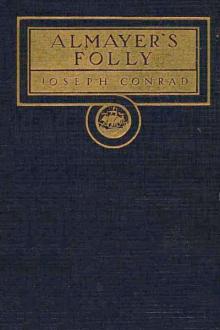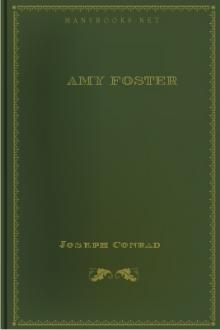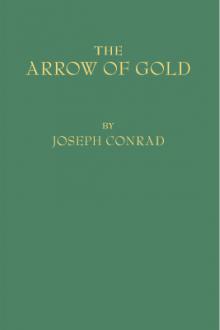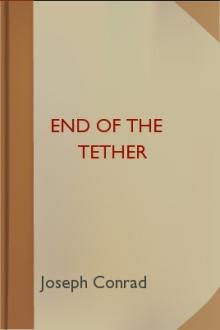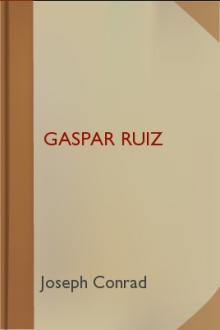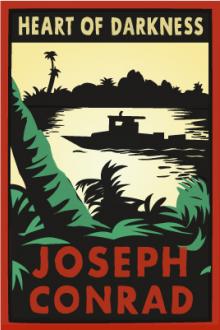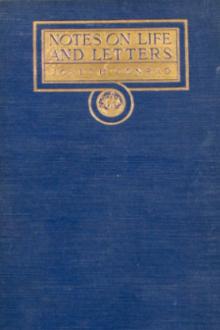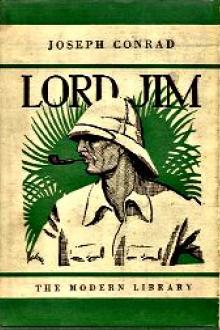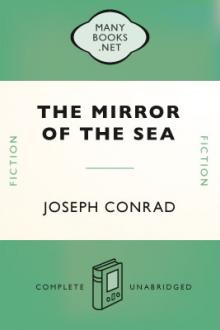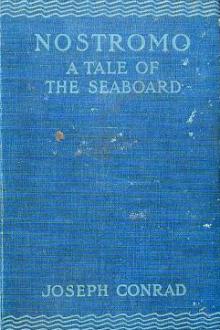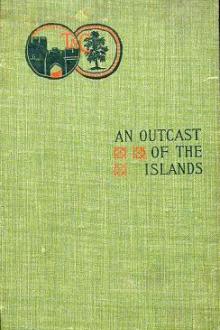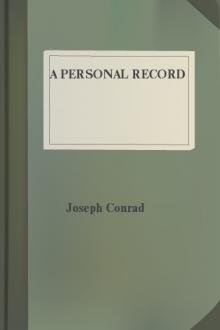The Shadow Line
Book Excerpt
It was tacitly understood in the port that John Nieven was a fierce misogynist; and the absurd character of the sally convinced me that he meant to be nasty--very nasty--had meant to say the most crushing thing he could think of. My laugh sounded deprecatory. Nobody but a friend could be so angry as that. I became a little crestfallen. Our chief engineer also took a characteristic view of my action, but in a kindlier spirit.
He was young, too, but very thin, and with a mist of fluffy brown beard all round his haggard face. All day long, at sea or in harbour, he could be seen walking hastily up and down the after- deck, wearing an intense, spiritually rapt ex- pression, which was caused by a perpetual con- sciousness of unpleasant physical sensations in his internal economy. For he was a confirmed dyspeptic. His view of my case was very simple. He said it was nothing but de
Editor's choice
(view all)Popular books in Fiction and Literature, Nautical
Readers reviews
But, like another reviewer (below), I came to "The Shadow Line" specifically because Philip Roth mentions it in "Exit Ghost." However, my estimate of the book is quite different from the preceding reviewer's.
On the surface, the story is simple: a young man quits one ship and ends up, unexpectedly, with command of another ship. Things proceed from there.
I read "The Shadow Line" at one sitting. Conrad's characters are brilliant -- there are characters in the book with the barest walk-on parts and despite that have a fully real feel to them. Brilliant ain't the half of it.
I did trade "The Shadow Line" once or twice, for a few minutes, with another book (R. Austin Freeman's "A Silent Witness," to be exact), when the mood got too heavy.
For "The Shadow Line" is a heavy book. Not only its themes -- illness and death, and especially the workings of chance on human life. It is also heavy because of the mood, which starts light and becomes progressively darker, until the climax, which is much more a climax of Stygian atmosphere than it is of action in any usual sense of the word.
It's easy to see why Roth mentions this book. Its themes are similar to his own, of course. But more important, I think, is that "The Shadow Line" is a very "modern" book, in which the concern with plot is replaced by character and situation.
In fact, even more than Roth's work, "The Shadow Line" made me think of J.M. Coetzee's books, particularly "Disgrace." I haven't had time yet to fully think about how and why, but at the very least, "Disgrace" is another book written in exquisite prose, filled with characters having real depth, and in which conventional climax has been replaced by one internal to the characters.
So if you're looking for action and plot in the more usual sense, this is probably not the book for you.
But if you're interested in reading (and maybe thinking) about other approaches to literature and thus to life, I highly recommend "The Shadow Line."
I would, however, also recommend having something lighter at hand, should the mood prove too dark. It did for me.
- Upvote (0)
- Downvote (0)
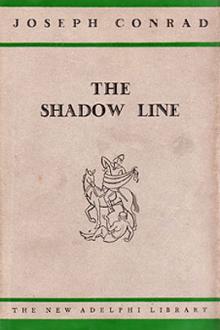
 Free Download
Free Download






















